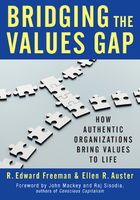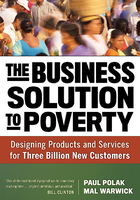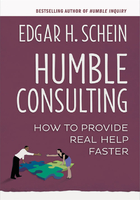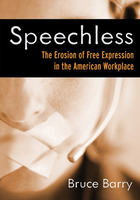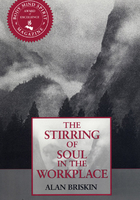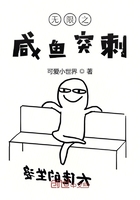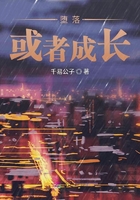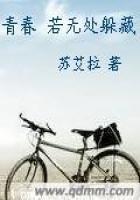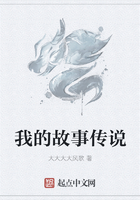One day as I was walking down the street, I fainted and fell on thesidewalk. I was no longer able to walk. I was put to bed and mybody broke out in boils. These boils turned inward until just lyingin bed was agony. I grew weaker every day. Finally my doctor toldme that I had only two more weeks to live. I was shocked. I drewup my will, and then lay back in bed to await my end. No usenow to struggle or worry. I gave up, relaxed, and went to sleep.
I hadn’t slept two hours in succession for weeks; but now withmy earthly problems drawing to an end, I slept like a baby. My exhausting weariness began to disappear. My appetite returned. Igained weight.
“A few weeks later, I was able to walk with crutches. Six weekslater, I was able to go back to work. I had been making twentythousand dollars a year; but I was glad now to get a job for thirtydollars a week. I got a job selling blocks to put behind the wheelsof automobiles when they are shipped by freight. I had learnedmy lesson now. No more worry for me—no more regret aboutwhat had happened in the past—no more dread of the future. Iconcentrated all my time, energy, and enthusiasm into sellingthose blocks.”
Edward S. Evans shot up fast now. In a few years, he waspresident of the company. His company—the Evans ProductCompany—has been listed on the New York Stock Exchange foryears. When Edward S. Evans died in 1945, he was one of themost progressive business men in the United States. If you everfly over Greenland, you may land on Evans Field—a flying fieldnamed in his honour. Here is the point of the story: Edward S.
Evans would never have had the thrill of achieving these victoriesin business and in living if he hadn’t seen the folly of worrying—ifhe hadn’t learned to live in day-tight compartments.
Five hundred years before Christ was born, the Greekphilosopher Heraclitus told his students that “everything changesexcept the law of change”. He said: “You cannot step in the sameriver twice.” The river changes every second; and so does the manwho stepped in it. Life is a ceaseless change. The only certaintyis today. The old Romans had a word for it. In fact, they had twowords for it. Carpe diem. “Enjoy the day.” Or, “Seize the day.”
Yes, seize the day, and make the most of it.
That is the philosophy of Lowell Thomas. I recently spenta week-end at his farm; and I noticed that he had these words from Psalm CXVIII framed and hanging on the walls of hisbroadcasting studio where he would see them often:
This is the day which the Lord hath made;
we will rejoice and be glad in it.
John Ruskin had on his desk a simple piece of stone on whichwas carved one word: TODAY. And while I haven’t a piece ofstone on my desk, I do have a poem pasted on my mirror where Ican see it when I shave every morning—a poem that Sir WilliamOsier always kept on his desk—a poem written by the famousIndian dramatist, Kalidasa:
Salutation To The Dawn
Look to this day!
For it is life, the very life of life.
In its brief course
Lie all the verities and realities of your existence:
The bliss of growth
The glory of action
The splendour of achievement.
For yesterday is but a dream
And tomorrow is only a vision,
But today well lived makes yesterday a dream of happinessAnd every tomorrow a vision of hope.
Look well, therefore, to this day!
Such is the salutation to the dawn.
So, the first thing you should know about worry is this: if youwant to keep it out of your life, do what Sir William Osier did—Shut the iron doors on the past and the future. Live in Day-tightCompartments.
Why not ask yourself these questions, and write down theanswers?
1. Do I tend to put off living in the present in order to worryabout the future, or to yearn for some “magical rose garden overthe horizon”?
2. Do I sometimes embitter the present by regretting things thathappened in the past—that are over and done with?
3. Do I get up in the morning determined to “Seize the day”—toget the utmost out of these twenty-four hours?
4. Can I get more out of life by “living in day-tight compartments”?
5. When shall I start to do this? Next week?... Tomorrow?...

